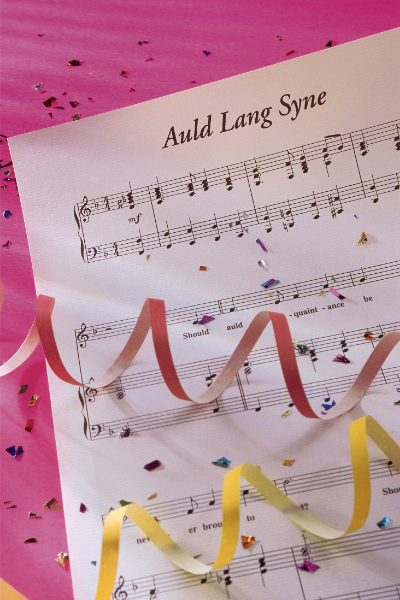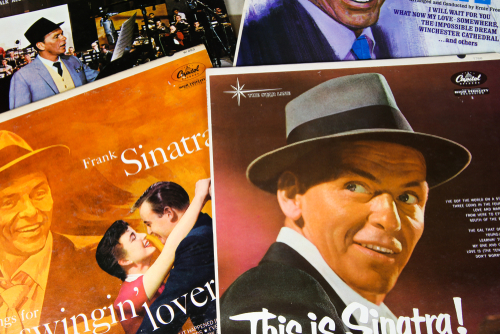Auld Lang Syne: A Timeless History
Auld Lang Syne is a beloved song that is often sung at the stroke of midnight on New Year’s Eve. It is a tradition that has been passed down through generations and holds a special place in the hearts of many. Let’s delve into the history of the song and uncover its origins, meaning, significance and cultural impact.
Origins of Auld Lang Syne
The origins of Auld Lang Syne can be traced back to Scotland in the late 18th century. The song was written by the renowned Scottish poet Robert Burns and was first published in 1788. However, the lyrics and melody of the song were not entirely original to Burns.
The famous lyrics are based on a traditional Scottish folk song. Burns heard the song being sung by an old man and was inspired to write his own version. He made some modifications to the lyrics and added his own poetic touch, creating the version that we know today.
Meaning and Significance
The phrase “Auld Lang Syne” translates to “old long since” or “days gone by” in English. The song reflects on the passage of time and the importance of cherishing old friendships and memories. It is often sung at the end of gatherings and events as a way to bid farewell and express gratitude for the time spent together.
Auld Lang Syne has become synonymous with Hogmanay celebrations around the world. It is a symbol of hope, renewal, and the promise of a fresh start. As the clock strikes midnight, people join hands and sing the familiar tune, reflecting on the year that has passed and looking forward to the year ahead.


Popularity and Cultural Impact
Over the years, Auld Lang Syne has gained immense popularity and has become deeply ingrained in popular culture. It has been featured in numerous films, television shows, and advertisements, further cementing its status as a timeless classic.
One of the most iconic renditions of Auld Lang Syne was performed by the legendary singer Frank Sinatra. His soulful interpretation of the song has become a staple of New Year’s Eve celebrations and is often played as the clock counts down to midnight.
Auld Lang Syne Around the World
While Auld Lang Syne is most commonly associated with New Year’s Eve in English-speaking countries, its popularity extends far beyond. In Japan, the song is often sung at graduation ceremonies as a way to bid farewell to the past and welcome the future. In South Korea, it is sung on New Year’s Day to bring good luck and prosperity for the year ahead.
In addition to its cultural significance, Auld Lang Syne has also been used as a symbol of unity and solidarity. In 1989, during the fall of the Berlin Wall, thousands of people gathered at the Brandenburg Gate and sang Auld Lang Syne as a symbol of hope and the desire for a united Germany.


In Conclusion
Auld Lang Syne is more than just a song. It is a testament to the power of music to evoke emotions and bring people together. Its timeless lyrics and melody continue to resonate with people of all ages and backgrounds.
As we sing Auld Lang Syne, let us remember the cherished moments and friendships that have shaped our lives. Let us raise a glass to the memories of days gone by and embrace the new year with hope and optimism. Auld Lang Syne will forever hold a special place in our hearts as we bid farewell to the old and welcome the new.
Lyrics
Should auld acquaintance be forgot,
And ne’er brought to mind?
Should auld acquaintance be forgot
And auld lang syne?
For auld lang syne, my dear,
For auld lang syne,
We’ll tak a cup o’ kindness yet
For auld lang syne.
And surely, ye’ll be your pint stowp!
And surely I’ll be mine!
And we’ll tak a cup o’ kindness yet,
For auld lang syne.
We twa hae run aboot the braes
And pou’d the gowans fine;
But we’ve wander’d mony a weary foot
Sin’ auld lang syne.
We two hae paidled i’ the burn,
Frae mornin’ sun till dine;
But seas between us braid hae roar’d
Sin’ auld lang syne.
And here’s a hand, my trusty fiere,
And gie’s a hand o’ thine;
And we’ll tak’ a right gude-willy waught,
For auld lang syne